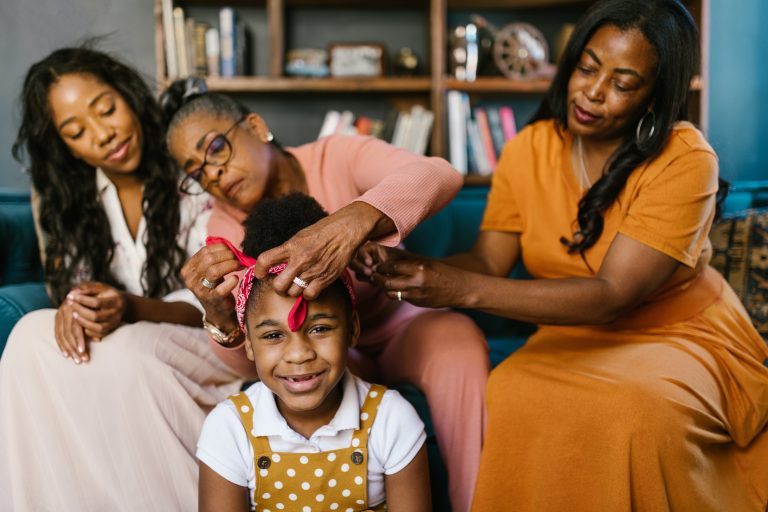If you’re looking for relief from the aching, swelling, bulging, and fatigue associated with varicose veins then a pair of compression socks may be just the thing.
Roughly 3 in 10 adults have varicose veins. These unsightly blood vessels occur when the tiny, one-way valves, that are supposed to keep blood moving toward your heart, stop working properly. Gravity pulls blood downwards where it pools inside the vein. This excess blood stretches out the vein walls, leading to the bulging, twisted appearance of varicose veins.
While not everyone experiences symptoms, varicose veins can lead to thickened/discolored skin, edema (swelling), and, in severe cases, ulcers (chronic wounds). Which is why you should never simply ignore them. Your healthcare provider can help you manage your condition, which may include wearing compression stockings.
How compression socks work
 In ordinary, everyday life, your leg muscles help pump blood from your legs back up to your heart. With every movement—even in your sleep—your muscles compress your veins, pushing blood through them. Compression socks work in a similar way, applying gentle pressure that aids in circulation.
In ordinary, everyday life, your leg muscles help pump blood from your legs back up to your heart. With every movement—even in your sleep—your muscles compress your veins, pushing blood through them. Compression socks work in a similar way, applying gentle pressure that aids in circulation.
Compression socks help varicose veins by squeezing more at the ankle and less further up. This moves fluid up and out of your legs. They also narrow the stretched out blood vessels, so the valves inside can work better. The result is less fluid buildup in your legs and more oxygen-rich blood circulating throughout your entire body.
Which compression socks to buy
Compression socks come in a wide variety of materials, colors, and patterns, so you can find ones that suit your personal style. However, for compression socks to help with varicose veins, you’ll need to select the correct size and compression level.
To find your size, measure your legs in the morning before you get out of bed (this is when they’ll be the least swollen). Start by measuring the circumference of your ankle at the narrowest point and the circumference of your calf at the widest part. Then, sit up and measure the length of your calf from the bend of your knee to the floor. For thigh-high stockings, also measure the circumference of your thigh at the widest part (just below your butt) and the length of your leg from the gluteal fold to the floor.
Compression stockings come in various compression levels measured in mmHg (millimeters of mercury). Generally, 20-30 mmHg is best to help varicose veins. However, if you find that to be uncomfortably tight, you might try 15-20 mmHg. On the other hand, if you have certain medical conditions, such as venous ulcers, your doctor may recommend 30-40 mmHg. Compression levels higher than that are typically reserved for more severe medical issues.
For advice on which compression socks to buy, you can always consult with your healthcare provider.
Can compression socks cause problems
Most people wear compression socks comfortably without any problems. In fact, they should make your legs feel much better.
However, if you have circulatory issues, such as peripheral artery disease (PAD), you should consult your doctor before wearing compression stockings. Too much compression on unhealthy arteries can dangerously restrict blood flow to your legs and feet.
Additionally, some people experience skin irritation when wearing compression socks. This can be anything from itching and redness to bruising and sores. Most often, these issues occur because the compression socks don’t fit properly. If this happens, consult with your doctor for advice.
When compression socks aren’t enough
While compression socks can provide relief from symptoms of varicose veins such as aching, swelling, and leg fatigue, they are not a cure. If you’re still experiencing pain and discomfort from your varicose veins after trying compression stockings, then it’s time to see a vein specialist.
Minimally invasive vein treatments provide permanent relief from varicose veins for most people. These treatments are done at your doctor’s office in as little as an hour, so they won’t disrupt your usual routine. And, since varicose veins are a medical condition, treatment is typically covered by your insurance.
If you’d like to learn more about the varicose vein treatments available to you, then contact the vein specialists at DeKalb Vein Center for a consultation.









